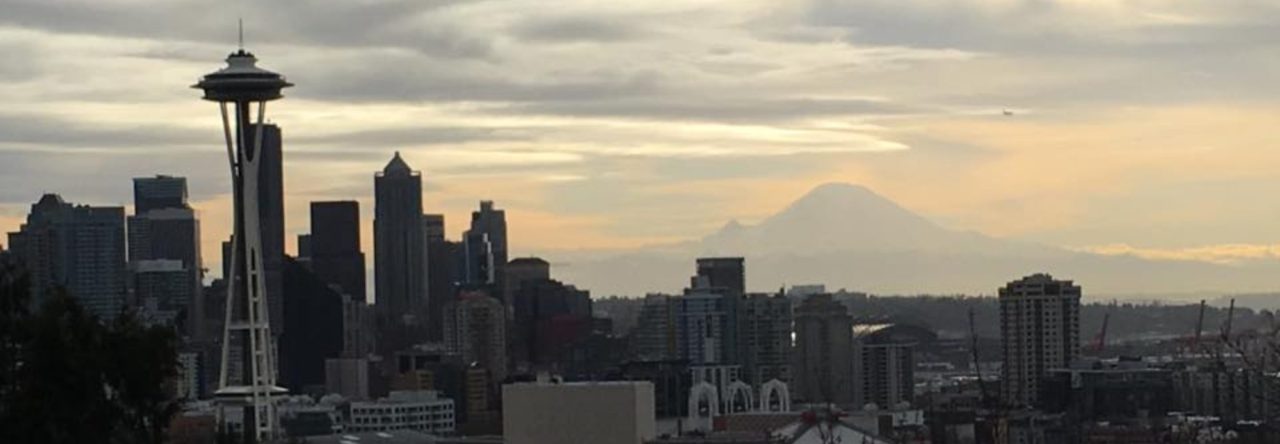At some point, I’m going to talk about GaFilk. But right now, I want to talk about ice and snow, and Atlanta, and how the two cope with each other.
As many of you have heard, we had a spot of weather over the weekend of GaFilk. Planes were grounded, roads were closed, and entire counties were shut down. This predictably leads to folks who live in more northern climes, who are used to this sort of thing falling on their heads throughout the dark months of the year, to make incredulous, snickering comments about those wacky southerners and how they can’t handle a little snow. And you know, I forgive you, because you don’t really understand any more than folks who live down here understand the way weather works up there.
(People who actually live here making sanctimonious comments about how they don’t see what the fuss was about can go **** themselves. No, seriously, go take a long walk off a short pier, you insufferable, self-important pinheads. But I digress…)
There are a number of factors which contribute to Atlanta having fits over a big snowstorm like this. The first is that they are relatively rare. I’ve lived in the north Georgia region for twenty years, and I can count the number of significant snowstorms on my fingers. I can count the number of snowfalls of this calibre on one hand. Even when the perfect conditions occur to create a major winter storm, its usually only a couple of days before things are back to relative normalcy.
But in truth, the real reason folks up north deal better with the winter is not because they’re more hardy, or more accustomed, though both of those things contribute. No, what folks in other parts of the country have that we lack is infrastructure. In New England, or Minnesota, or other places where this sort of thing happens all the time, you can’t afford to just stay home until everything melts. So you make investments in things like salt trucks, and snow ploughs, and shovels and rakes and implements of destruction. You get special tires, or chains to put on your tires for extra traction. You expect that frozen stuff will fall from the sky, and you make arrangements to get it off of the roads and your own driveways. These things all contribute to being able to keep going when everything is frozen.
Atlanta has almost no winter infrastructure, and what little it has has been largely depleted by recent budget cuts. According to an article in the Atlanta Journal-Consitution:
DeKalb has two plows and 10 salt spreaders. Cobb has six spreaders and no plows. Fulton has seven salters and no plows. Gwinnett has 18 spreaders and six plows. The city of Atlanta has 11 plows.
In comparison, Charlotte, which suffered citizen anger from slow response several years ago, expanded its fleet to 36 plows.
There was also (noted in that same article) a woeful lack of coordination between state and local officials, and the end result was that very little was deployed to get the roads clear. This prolonged the situation for days, to the extent that major highways were still in poor condition four to five days after a storm.
If you want to have a discussion about how folks could have prepared better for a large winter storm they knew was coming, that’s a discussion that is worth having. But given the lack of both history and infrastructure, don’t be so quick to judge the people of Atlanta for how they dealt with the icy roads. The only safe sane, and sensible thing to do was stay home as much as humanly possible until sun and warmer temperatures made things more passable.
(For a more amusing take on Atlanta and the weather, enjoy this video posted by Megan McGlover, which made my day when I first saw it last night:
